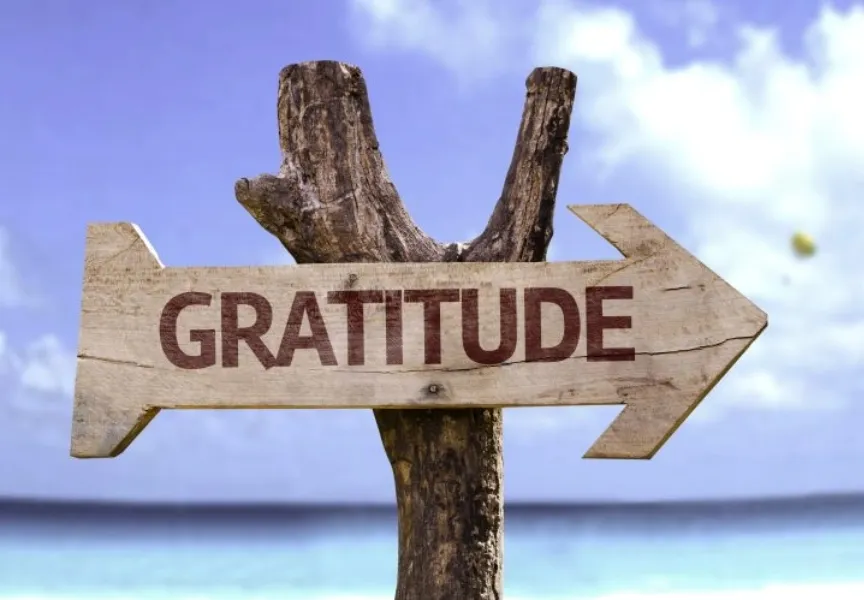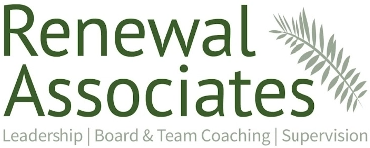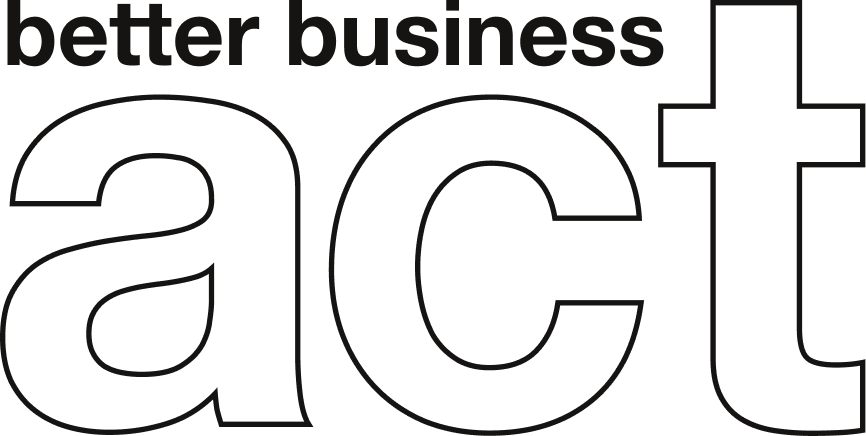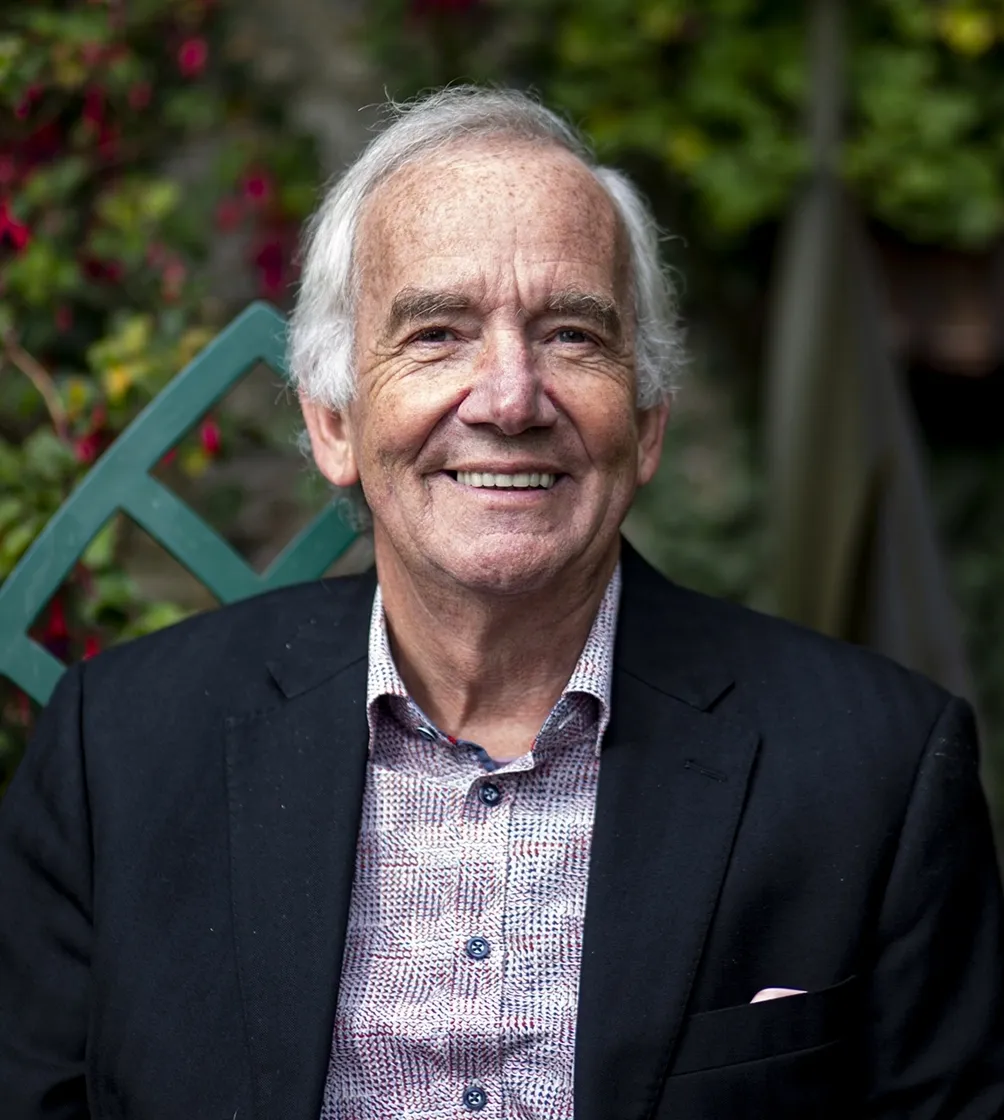I was working with an action learning group of very senior partners in one of the world’s leading professional services firms. They were all sharing how “Time-poor they were”, how their week was over-filled with meetings and incessant e-mails and messages. Inside me I could feel a small inner urge to join in the competition of who was the winner in being most time-poor! However, I soon realised that the conversation was creating a joint downward spiral of helplessness, in privileged leaders who are very senior, powerful and very well paid. so decided I need to intervene. I said: “I have been sitting here listening and wondering how any of us can be time poor, as far as I know we all have the same number of hours, minutes and seconds every day as everyone other being in the world. What we are all privileged to have is great range of challenging opportunities, so what would happen if instead of talking about being time-poor, we discussed how we were opportunity rich, privileged to have more possible things to do every day, than we can fit in.” The energy changed and the dialogue changed to how to make better choices among the multitude of possible activities.
I was delighted when they came back a few months later and told me how they had intervened when their staff had complained about not having enough time and told them they were “Opportunity rich.”.
One of the major ways the energy within a team is dissipated is through time spent in what I have termed BMWs. This does not refer to the make of well-known car, but the letters stand for “Blame, Moan and Whine”. As problems mount up and challenges get bigger, all of us can fall in feeling victims and hard done by and look for someone to blame. However, the short-term relief that this may give us, is soon negated and then negatively surpassed, as individual and collective victimhood and helplessness sets in.
Often do I hear the following statements as I work with many senior leaders and leadership teams around the world:
“Our Board are so unhelpful and restrictive.”
“We just don’t have the time to attend to looking at the really big challenges coming over the horizon.”
“Our CEO is so controlling and never empowers us.”
“We lack the resources to do what is required.”
“Our customers keep making impossible demands.”
“If only I could get rid of X, we would have a great team.”
I am sure there are many examples you could add to this list from your own experience as a coach, or as a leader. Every minute we listen to a person ‘BMWing’ we are supporting their descent into greater victimhood and feelings of being powerless. Our job as coaches and team coaches is to help people move to ecological BMWs which stand for “Breath, Move and Wonder”. To help intervene supportively in this process I have gradually developed a four-step practice, which I have found very helpful in overcoming both personal and professional difficulties and traumas.
- Whenever a problem arrives in your life or in another’s story, reframe it not as a problem but as a challenge
Just play back what you have heard but substituting the word challenge for the word problem
Example:
A: My Boss never listens
B: I hear you have a challenge in finding a way to get heard by your Boss
- Locate the challenge not in a person, or a part or a system, but in a relationship or connection
Challenges are always relational, for example between two people, or a person and a task or between two conflicting needs
Example:
A: We can’t make a profit by meeting all the customer’s needs
B: I hear you have not yet found a way to meet the needs of customers and investors
- See the challenge as the latest generous lesson that life has sent you, to take your learning and development to the next level
Challenges take us to the edge of what we know and what we know how to manage or respond to. This is the learning edge which requires us to expand our repertoire of responses, develop new thinking, new being and new doing
Example:
A: I never get heard in meetings
B: It sounds like life is requiring you to find new ways of engaging with your team to get your message across
- Find the gratitude in your heart for being given this lesson, no matter how awful and shocking it maybe at the time
This is the hardest step of all, particularly when we are faced with a major trauma, difficulty or setback. But it is very helpful in restoring our equilibrium and resilience
Example:
A: As a company we are just recovering from the Covid Pandemic
B: Perhaps we can explore the gifts, lessons and new opportunities that Covid brought to us












